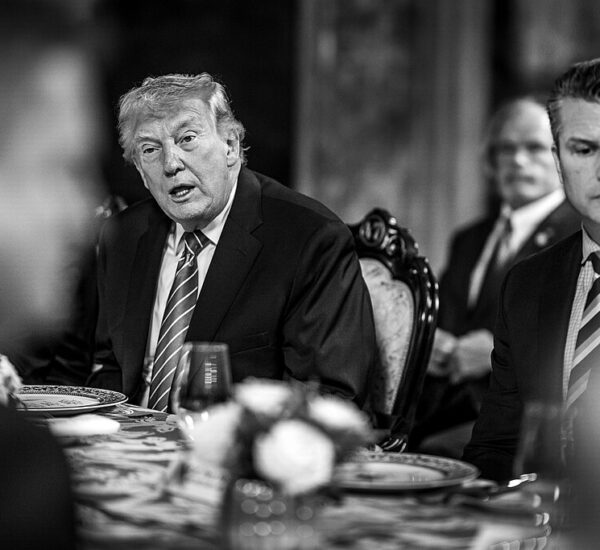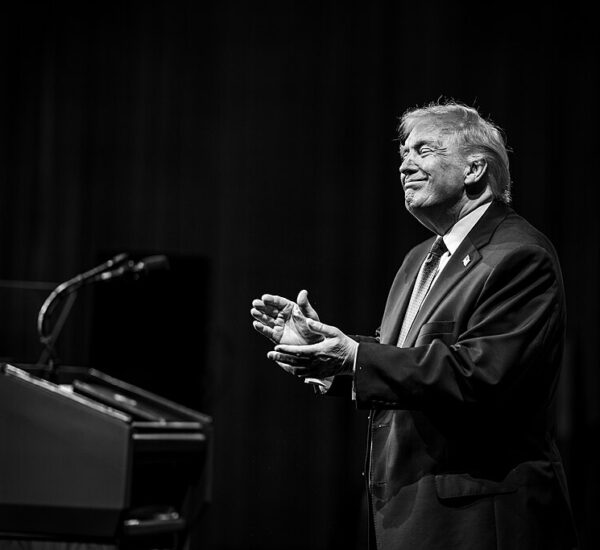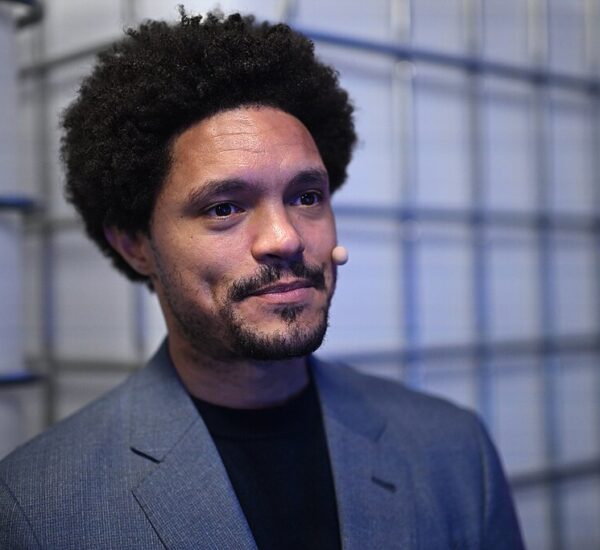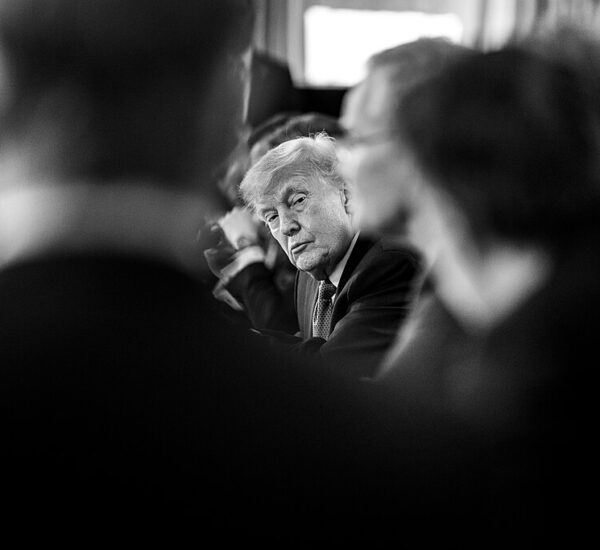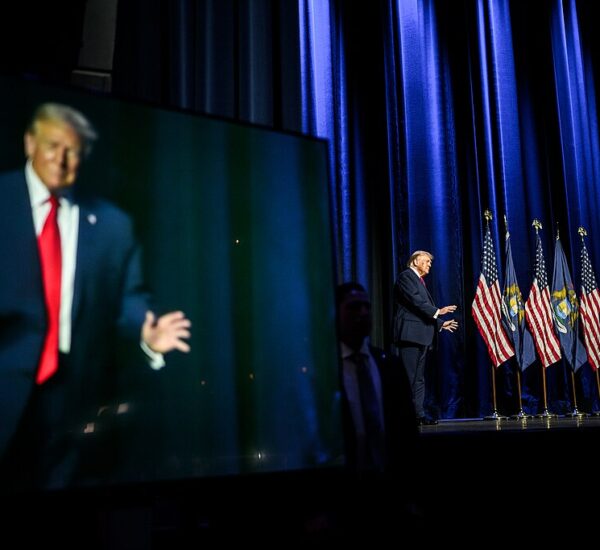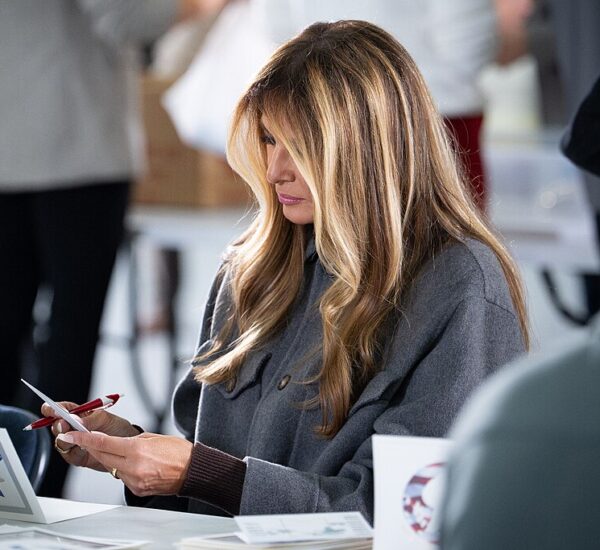Supreme Court Ruling Sparks Legal Chaos
The legal landscape surrounding the January 6 Capitol breach is shifting once again as former police officer Joseph Fischer returns to court this Wednesday. Fischer’s case has recently drawn significant attention due to a landmark decision by the U.S. Supreme Court, which could reshape how obstruction charges are handled in the aftermath of the Capitol riot.
The Supreme Court’s June ruling in Fischer’s case has set a higher bar for prosecuting individuals on obstruction charges related to the Capitol breach. The court’s 6-3 decision requires that prosecutors must now demonstrate that defendants’ actions either impaired or attempted to impair the availability or integrity of official records or documents. This stricter standard applies specifically to charges of obstructing the congressional certification of the 2020 election.
This decision has broad implications for over 250 ongoing prosecutions linked to the Capitol events. The ruling has already led to federal prosecutors dropping obstruction charges against more than 60 defendants. However, prosecutors are still evaluating whether they can meet the new, stringent criteria in some cases.
Joseph Fischer, who was a North Cornwall, Pennsylvania police officer during the Capitol breach, faces multiple charges, including assaulting police officers. Although the obstruction charge against him was previously dismissed, the Supreme Court’s ruling has left room for debate on whether this charge can be reinstated under the revised legal standard.
While Fischer’s hearing will focus on procedural matters, its outcome could indirectly influence other cases. For instance, former President Donald Trump, who faces his own set of obstruction charges related to efforts to overturn the 2020 election, may use the Supreme Court’s decision to challenge these charges.
In another development, some defendants who allegedly made statements about the Electoral College vote or occupied the Senate chamber are facing renewed scrutiny. Prosecutors argue that these actions justify obstruction charges under the new standard. Meanwhile, defense attorneys argue that their clients did not tamper with or obstruct official documents.
Overall, the Supreme Court’s ruling has necessitated a reevaluation of obstruction charges and has sparked ongoing legal battles. As the U.S. attorney’s office continues to assess how best to proceed with these cases, the broader impact of this decision remains to be fully seen.

